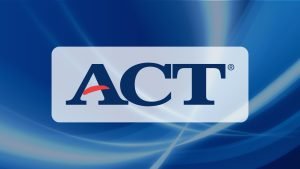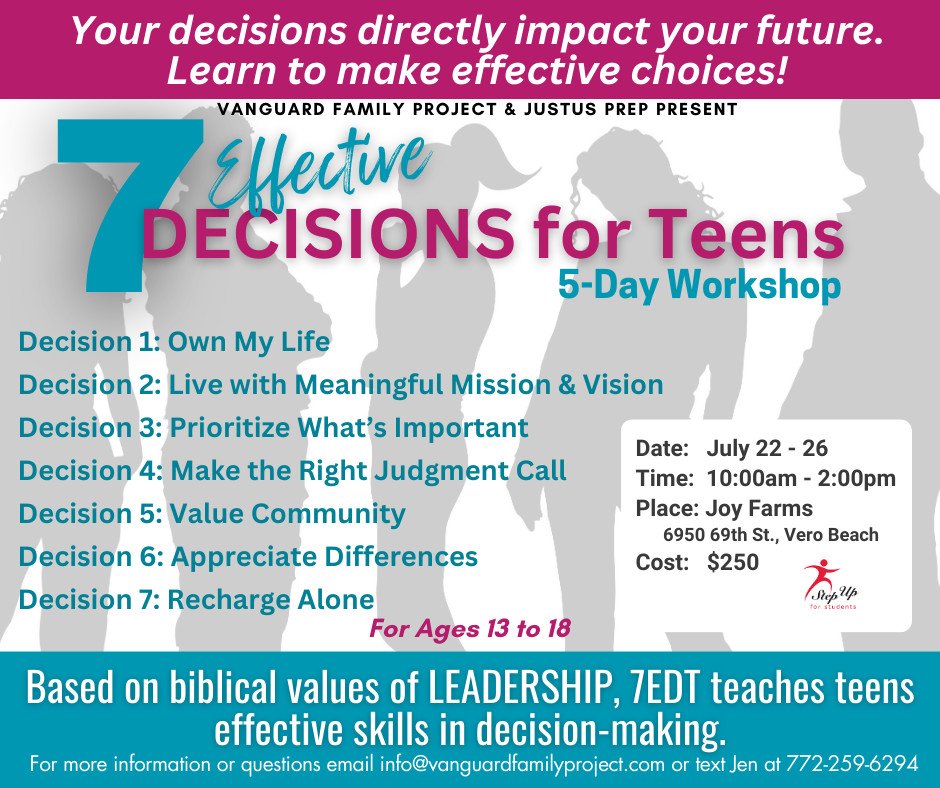Florida Residents - Step Up for Students Scholarships Direct-Pay Provider. Learn More

Florida Residents - Step Up for Students Scholarships Direct-Pay Provider. Learn More

The question of what kind of education we want for our children is a deeply personal and complex one, shaped by our beliefs about the purpose of education itself.
Is education primarily about imparting practical skills for gainful employment, or is it about molding the character of the child and nurturing his or her mind and heart so that he or she can become a good father, mother, friend, neighbor, and citizen?
For those who adhere to the principles of classical or liberal education, the latter view holds true: education is not merely a means to an end but a transformative journey that shapes the individual and society as a whole.
Classical education, steeped in the timeless wisdom of ancient civilizations like Greece and Rome, offers an approach that transcends mere academic instruction. At its core lies a deep commitment to the cultivation of virtue, wisdom, and moral character, values that are as relevant today as they were millennia ago. Within the framework of classical education, students are not viewed as passive recipients of information but as active participants in a journey of self-discovery and intellectual growth.
This educational philosophy places a premium on engaging with the great works of literature, philosophy, and art that have stood the test of time. Through the study of texts by Plato, Aristotle, Shakespeare, and other luminaries of the Western canon, students are exposed to ideas that have shaped human civilization and continue to resonate in the present day.
By grappling with the profound questions posed by these works, students develop critical thinking skills, moral discernment, and a deeper understanding of the complexities of the human condition.
Moreover, classical education fosters a love of learning that extends far beyond the classroom. By emphasizing the interconnectedness of knowledge and the pursuit of truth, it encourages students to approach learning as a lifelong endeavor rather than a finite task to be completed.
This holistic approach to education not only equips students with the intellectual tools they need to succeed academically but also instills within them the values and virtues that are essential for leading a meaningful and purposeful life. In a world marked by constant change and uncertainty, classical education offers a timeless foundation upon which students can build a future filled with wisdom, integrity, and purpose.
Today, however, the landscape of education presents a stark departure from its illustrious past. Standards have plummeted, and the once-revered pillars of classical education have crumbled under the weight of modernity.
The focus on Latin and Greek has been supplanted by a more utilitarian approach, with an emphasis on practical skills deemed essential for success in the contemporary world. While proficiency in subjects like mathematics, science, and technology is undoubtedly important, the loss of the classical languages represents a profound impoverishment of the educational experience. Without exposure to the foundational texts of Western civilization, students are deprived of the wisdom and insight that have stood the test of time.
Character development, too, has fallen by the wayside in many educational institutions. The strict discipline that once characterized the classroom has been eroded, replaced by a more permissive and laissez-faire approach to behavior management. As a result, incidents of disruptive behavior, disrespect towards authority, and even violence have become disturbingly common occurrences within school walls.
Rather than fostering virtues such as diligence, responsibility, and self-discipline, many schools now struggle to maintain order and decorum, leaving students ill-prepared for the challenges of adulthood.
Moreover, the very purpose of education seems to have undergone a fundamental shift in modern times. No longer revered as a sacred quest for knowledge and enlightenment, education has been reduced to a mere commodity, a box to be checked off on the path to career success.
Many students graduate without ever truly engaging with the material, memorizing facts and figures only to regurgitate them on standardized tests. The joy of learning has been extinguished, replaced by a relentless pursuit of grades and credentials. In such a climate, it’s little wonder that so many young people emerge from their educational journey feeling disillusioned and disenchanted, lacking the curiosity and intellectual vigor that once characterized the educated mind.
Given this stark reality, as a parent, it’s crucial to consider your options carefully.
The first option is to enroll your child in a standard public or private school that adheres to the conventional methods of education that have been in place for the past several decades. While these institutions may offer familiarity and stability, they often perpetuate the cycle of mediocrity, failing to inspire a love of learning or foster the development of well-rounded individuals.
Alternatively, you could opt to enroll your child in a new, innovative school that prioritizes creative thinking and collaborative problem-solving. Schools like the one founded by Elon Musk seek to break free from the constraints of traditional education, empowering students to think outside the box and tackle real-world challenges with ingenuity and resilience. While these schools offer a refreshing departure from the status quo, they may lack the historical depth and cultural richness inherent in a classical education.
A third option is to enroll your child in a classical school that seeks to revive the old ways, embracing the timeless principles and values that have produced some of history’s greatest minds and works of art. In these schools, students study Latin and Greek, immerse themselves in the classics, and cultivate virtues such as wisdom, courage, and temperance. While this approach may seem unconventional in today’s fast-paced world, it offers a return to the roots of Western civilization and provides a solid foundation for intellectual and moral development.
Finally, you could choose to take education into your own hands and teach your child yourself. By embracing the role of educator, you can tailor the curriculum to your child’s individual interests and learning style, providing a personalized and enriching educational experience. While this option requires a significant commitment of time and resources, it offers unparalleled flexibility and the opportunity to cultivate a deep bond with your child as you embark on a shared journey of discovery and growth.
As for my choice, I wholeheartedly embrace the fourth option: teaching my child myself in the manner of a classical education. By taking on the role of educator, I can ensure that my child receives a rigorous and well-rounded education that instills a love of learning, fosters intellectual curiosity, and cultivates moral virtue. Drawing inspiration from the timeless wisdom of the classics, I will guide my children on a journey of intellectual and spiritual enlightenment, equipping them with the knowledge, skills, and values they need to thrive in an ever-changing world.
In a future post, I hope to describe in detail what that has looked like, what curriculum choices I’ve made, what resources I use, and so on.
If you’re in Indian River County, FL or any of its surrounding counties, there are two great Bible-based leadership programs we are running this summer, one for teens and another for kids ages 7-12.
If you’re looking for ways to help your children cultivate the right habits and mindsets, this is a great resource.
Email or text to find out more. Click the pictures to register.


I’ve made a living helping students score high on the ACT and receive scholarships.
I am mostly a one-on-one private tutor. My rates are on the higher side. Still, people gladly pay because I help them save thousands of dollars in college tuition.
But I’m holding a 6-week Prep Course (online live class) for the July ACT that’s a fraction of the cost of private tutoring. It’s also discounted over 30% of what I’d normally charge.
It begins on June 3. Click here for more information or to sign up.
If you’re interested in private tutoring, schedule a free consultation.
If you’re interested in receiving more information about preparing for a successful future, sign up for my Newsletter.
Get the latest tips and strategies to maximize your scores on the ACT • SAT • CLT and find scholarships.
Our most valuable tips right inside your inbox, once per week.
